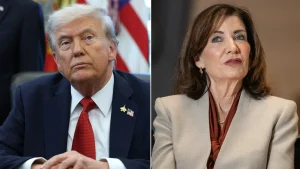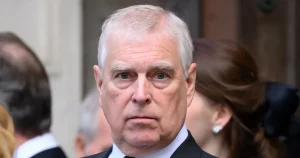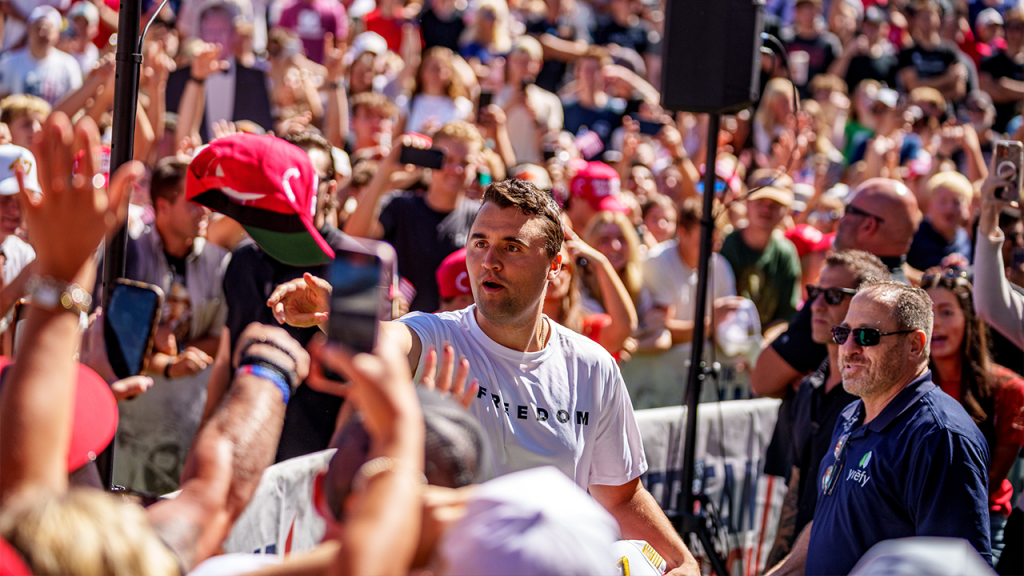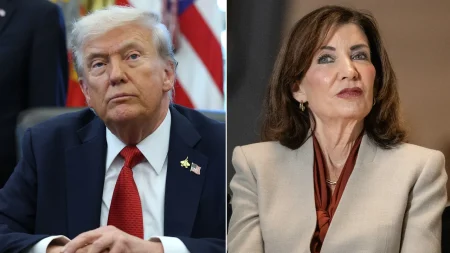The Troubling Rise of Political Violence in America
In a sobering column for the Wall Street Journal, former Reagan speechwriter Peggy Noonan reflected on the assassination of conservative activist Charlie Kirk as a defining moment in America’s escalating political violence. The 31-year-old Kirk was fatally shot in the neck during his “American Comeback Tour” at Utah Valley University, marking what Noonan describes as a “suddenly” moment in the gradual deterioration of political discourse in America. Drawing from Hemingway’s famous line about bankruptcy happening “gradually and then suddenly,” Noonan positions Kirk’s murder alongside the 2024 assassination attempts on Donald Trump as alarming evidence that political violence has entered a new, more dangerous phase.
“We know this can’t continue and we don’t know how to stop it,” wrote Noonan, capturing the collective helplessness many Americans feel as political tensions continue to escalate. Her words carry particular weight coming from someone who served as President Reagan’s head speechwriter from 1984 to 1986, providing historical perspective on today’s increasingly volatile political landscape. Kirk’s assassination adds to a troubling pattern that has emerged in recent years, suggesting that violent attacks against political figures are becoming more commonplace in American society.
The murder of Kirk follows multiple high-profile incidents of political violence, including the July 2024 assassination attempt on former President Trump at a campaign rally. In that incident, 20-year-old Thomas Matthew Crooks opened fire from a rooftop, grazing Trump’s ear and killing Corey Comperatore, a 50-year-old firefighter who was attending the rally. Just two months later, in September 2024, another man, Ryan Routh, was apprehended and charged with attempting to assassinate Trump at his golf club in West Palm Beach, Florida. These cases demonstrate a concerning trend of increasingly brazen attempts to silence political figures through violence.
The pattern extends beyond attacks on presidential candidates. In June 2022, Nicholas John Roske was arrested near Supreme Court Justice Brett Kavanaugh’s home with weapons and a plan to kill the justice. Roske pleaded guilty in April to attempting to assassinate Kavanaugh, highlighting how political violence has targeted multiple branches of government. In Kirk’s case, authorities have identified 22-year-old Tyler Robinson as the suspected assassin. Former President Trump, speaking on “Fox & Friends,” called for the death penalty for Kirk’s killer, describing the conservative activist as “the finest person” who “worked so hard and so well.”
What makes these incidents particularly chilling is that they represent an escalation from rhetoric to action. Kirk himself had warned about what he called an “assassination culture spreading on the left” in an online post months before his murder, a tragically prescient observation given his fate. Friends of Kirk noted that he had “no fear” going into the Utah event where he was killed, suggesting that despite awareness of the potential dangers, many political figures continue their public appearances, refusing to be silenced by threats of violence.
The assassination of Charlie Kirk serves as a stark reminder that political violence knows no boundaries and threatens the very foundations of democratic discourse. As Noonan articulated, the country finds itself in a predicament: recognizing that political violence cannot continue unchecked while struggling to find effective ways to prevent it. In a nation founded on principles of free speech and peaceful transfer of power, the increasing normalization of political violence represents a crisis that transcends partisan divides. The challenge now facing America is how to reverse this dangerous trend before more lives are lost and further damage is done to the country’s democratic institutions and traditions.















